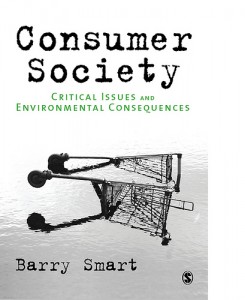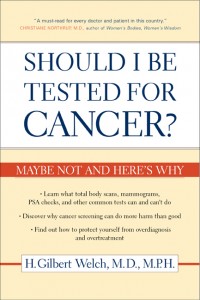 Once more, from Perpetual Euphoria: On the Duty to Be Happy
Once more, from Perpetual Euphoria: On the Duty to Be Happy. This time on our relation to wealth.
Why is it American conservatives deplore European social democracy? Could it be that it doesn’t stimulate consumerism enough to satisfy a free market economy? (emphasis added in the following quotations)
[T]he power of the great upheavals of the preceding century in France, including those of 1936 and 1945, consisted not only in redistributing the social pie, but also in creating new kinds of opulence for the majority of the people: free time, poetry, love, the liberation of desire, the sense of everyday transfiguration. Not being content to manage penury, but discovering everywhere new goods that are unquantifiable and escape the rule of profit, prolonging the old revolutionary dream of luxury for everyone, of beauty made available to the most humble. Today, luxury resides in everything that is becoming rare: communion with nature, silence, meditation, slowness rediscovered, the pleasure of living out of step with others, studious idleness, the enjoyment of the major works of the mind – these are all privileges that cannot be bought because they are literally priceless. Then we can oppose to an involuntary poverty a voluntary poverty (or rather a voluntary self-restriction) that is in no way a choice to be indigent but rather a redefinition of our personal priorities. This may involve giving up things, preferring freedom to comfort, to an arbitrary social status, but for a larger life, for a return to the essential instead of accumulating money and objects like a ludicrous barrier set up against fear and death. In the end, true luxury is the invention of one’s own life, master over one’s destiny; “but everything that is precious is as difficult as it is rare” (Spinoza).
This is not to say that Bruckner fails to appreciate the situation of the poor. Written in 2000, way before the financial crisis, this comment is even more relevant today:
[P]overty in developed countries may never be overcome, simply because the rich no longer … need the poor to get rich. … The misfortune of being exploited has been succeeded by the still worse misfortune of no longer being exploitable.









